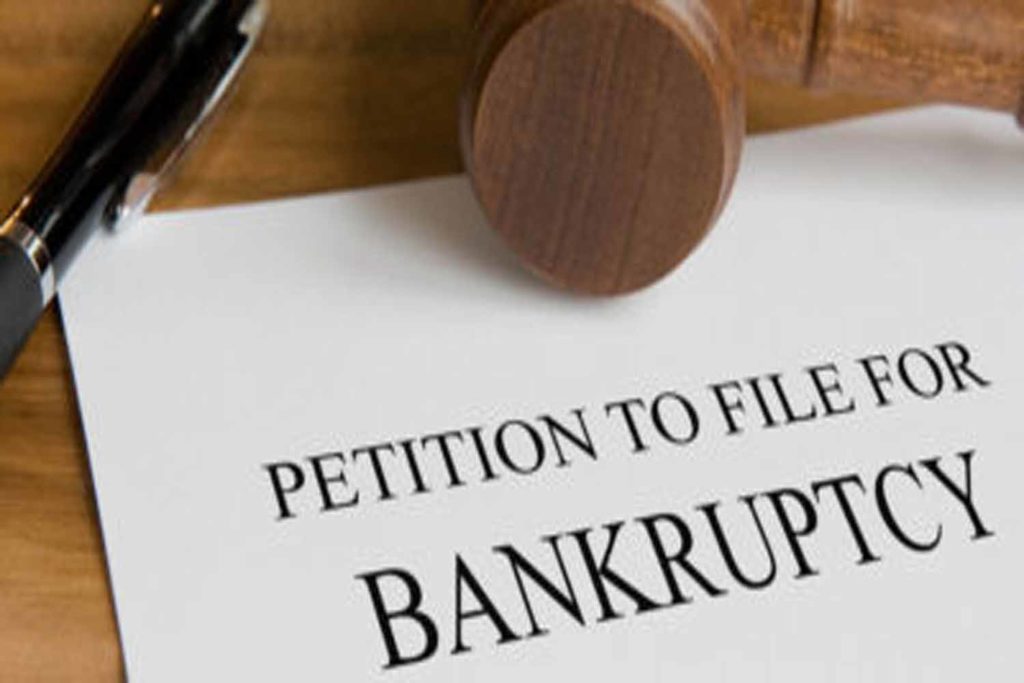Sometimes a creditor is bold enough to place a debtor into involuntary bankruptcy in an attempt to recover an outstanding debt. In general, most petitions are accepted as a proper filing. However, on the off chance that the creditor does not prevail in the contested involuntary action, and fees are awarded for the improper filing, the question is often raised of whether the creditor has to pay the debtor’s attorney’s fees for defending the action or will the court allow the creditor to offset the attorney’s fees against the underlying judgment? This post is designed to provide creditors and debtors with a general background of the current case law that addresses the question and a synopsis of the current split between courts.
WHETHER ATTORNEYS’ FEES WILL BE OFFSET
At this moment, no general consensus exists between courts as to whether they will demand the wrongfully filing petitioner to pay debtors fees out of pocket or require an offset of attorney’s fees against an underlying judgment in a dismissed involuntary bankruptcy action. Nonetheless, both creditors and debtors have some court decisions at their disposal that may give guidance on the issues.
Arguments for Creditors
In cases involving a valid claim, courts have been more lenient with allowing creditors to offset attorneys’ fees when an involuntary bankruptcy petition is dismissed because the offset would mimic the compensatory damages award prescribed in Bankruptcy Code Title 11 Section 303 Subsection (i).
In order for a creditor to succeed in claiming that its attorneys’ fees should be offset against the dismissed petition’s judgment, the creditor should rely on the wording of Bankruptcy Code Title 11 Section 303 Subsection (i), and the rationale set forth in In re Better Care, 97 B.R. 405, 415 (Bankr. N.D. Ill. 1989), and In re Apache Trading Group, Inc., 229 B.R. 887 (Bankr. S.D. Fla. 1999), and In re Antar, 2012 WL 6200366 (Bankr. S.D. Fla. 2012). Specifically, a debtor should argue that:
- an offset should be available to the creditor under Bankruptcy Code Title 11 Section 303 Subsection (i) because the offset of attorney’s fees would mimic the subsections public policy purpose of granting purely compensatory damages to an affected party; and
- the creditor did not act in “bad faith” when bringing the petition for involuntary bankruptcy against the debtor, and thus should be entitled to recover its attorneys’ fees by offsetting them against the judgment.
Arguments for Debtors
Some courts have denied creditors’ requests to offset attorneys’ fees on the rationale that allowing creditors to offset these fees in dismissed cases would do nothing to deter creditors’ from continuing to file involuntary bankruptcy petitions.
In order for a debtor to succeed in claiming that creditor’s fees should not be offset against a dismissed petition’s judgment, the debtor should try pleading the various factors addressed in In re Diloreto, 442 B.R. 373 (E.D. Pa. 2010), In re Macke International Trade, Inc., 370 B.R. 236 (9th Cir. BAP 2007), In re Schiliro, 72. B.R. 147 (Bankr. E.D. Pa. 1987), and In re Brewer, 2012 WL 2076421 (Bankr. M.D. Fla. 2012). Specifically, the debtor should claim that:
- the creditor did not act in good faith when bringing the involuntary bankruptcy petition against the debtor;
- the creditor did not investigate its claim or at the very least, poorly investigated its claim before filing the involuntary bankruptcy petition against the debtor;
- the creditor did not comply with the Bankruptcy Code, specifically Title 11 Section 303 subsection (b) and subsection (h);
- the creditor chose not to prosecute the petition or at the very least, carelessly prosecuted the involuntary bankruptcy petition against the debtor;
- the creditor should not benefit from the wording of Bankruptcy Code Title 11 Section 303 subsection (i) because it was put in place to absorb the negative impacts that an involuntary petition has on an alleged debtor, and not the impacts on the creditor; and/or
- at the time the creditor filed the involuntary bankruptcy petition against the debtor, a bona fide dispute existed as to whether the debtor owed a debt to the creditor, or at the very least, that a bona fide dispute existed as to how much the debtor owed the creditor.
As a last resort, which has proven very effective, the debtor can make a policy argument. This policy argument, as outlined in In re Diloreto, In re Macke International Trade, Inc., and In re Schiliro, is that allowing the debtor to offset attorneys’ fees against the final judgment would serve an adverse public policy purpose because it would remove all disincentives for creditors to resort to involuntary bankruptcy petitioners in order to collect debts.
CONCLUSION
Due to the division that exists between courts willingness to offset attorney’s fees against an underlying judgment in a dismissed involuntary bankruptcy action, both creditors and debtors have equal footing in pleading their claim. While there are arguments to be made for each position, the public policy of requiring a stiff penalty for a wrongfully filed involuntary bankruptcy petition dictates that courts should err on the side of penalizing the creditor who assumes the risk of putting a debtor into bankruptcy against its will.

